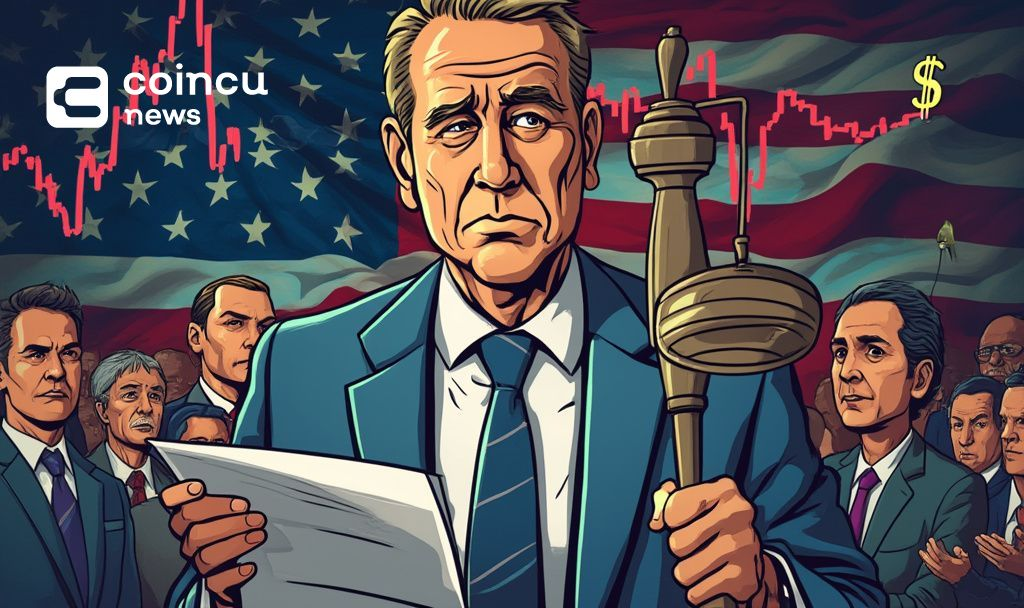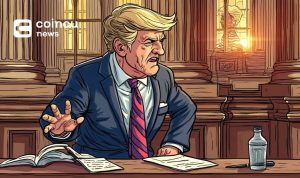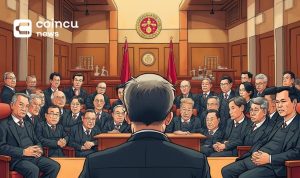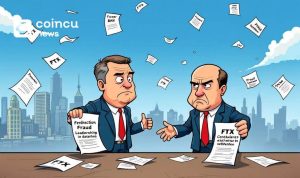- The Chamber of Commerce is considering legal action against new tariffs.
- Concerns include potential overreach and economic instability.
- Legal action could lead to new legislative frameworks.

### U.S. Chamber of Commerce Challenges Trump’s Tariffs
The U.S. Chamber of Commerce is reportedly considering legal action in response to new tariffs announced by the Trump administration, effective this Wednesday. This initiative emerges from the business community’s concerns about the administration’s invocation of emergency powers under the International Emergency Economic Powers Act (IEEPA). Such powers have been questioned by major U.S. corporations and trade groups, emphasizing potential overreach. Some chamber members argue these actions might not align with legal standards and risk economic stability.
The new tariff plans are projected to significantly elevate the average rate on imports, potentially diminishing U.S. imports by $800 billion, as analyzed by industry experts. This tariff hike could contract the GDP by 0.4% and inflate consumer prices, notably in the automotive, steel, and pharmaceutical sectors. Fear of potential retaliations discourages public opposition from businesses, yet legal avenues are appealing as a safer countermeasure.
Past Legal Actions and Economic Implications
Did you know?
In prior instances, the U.S. Chamber of Commerce has challenged the Trump administration legally, notably on immigration policies, demonstrating its readiness to confront adverse regulatory changes that impact its members.
Insights suggest the current tariff escalation reflects a broader historical pattern of using emergency powers in trade policy, traditionally limited to national security contexts. As a source close to the Chamber stated, “They’re gonna be sued off their asses for this as soon as it happens.” This approach could lead to new legislative frameworks, as seen with the bipartisan efforts to curb presidential tariff authority. Legal precedents and ongoing discourse highlight potential reevaluation of executive reach in U.S. trade dealings.























